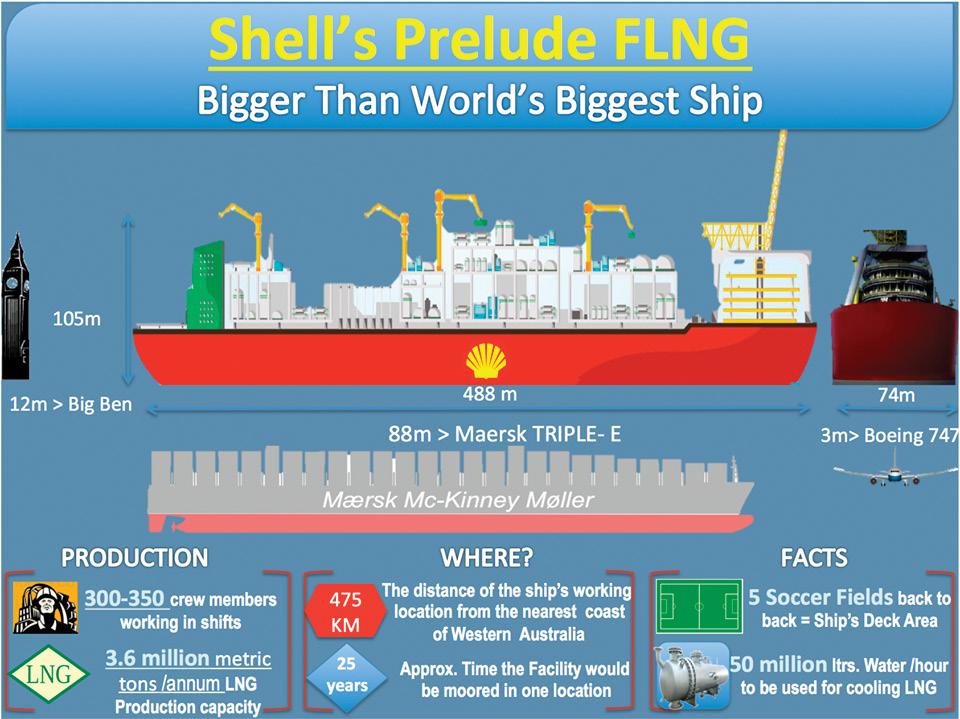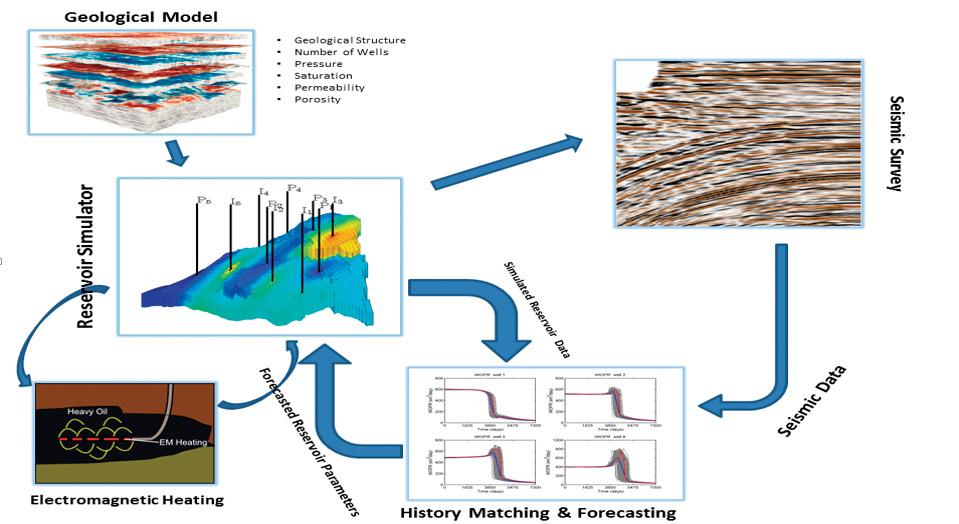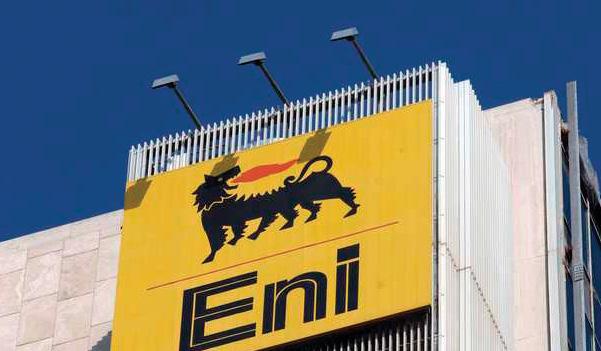
7 minute read
INTERVIEW
D. Nathan Meehan 2016 SPE International President
By Ahmed M. El-Gamal
Advertisement
D. Nathan Meehan, a distinguished SPE member who served on the SPE Board of Directors, and was 1987–88 President of the Golden Gate Section. He has more than 38 years of global experience in reservoir engineering and horizontal well expertise. He is the current President of CMG Consulting and Senior Executive Advisor to Baker Hughes’ Executive Management. Meehan will serve as the 2016 President of the Society of Petroleum Engineers.
1. Tell us about your journey at SPE.
I studied physics in college, and went to Georgia Tech. I received a Master’s degree in petroleum engineering from the University of Oklahoma and joined SPE as a student in the fall of 1975. One of our professors handed out applications to all the new stu dents and said, “If you are going to be a petroleum engineer, you need to join SPE.” I won the graduate stu dent paper contest and gave my first SPE speech at the Western Regional meeting in Bakersfield. At that meet
ECHO February 2015 ing, I spoke to Ershagi and Omoregie, petroleum engineers, about a method they developed. When I went back to the office, I achieved great results by applying their meth od to a task I was assigned. Later, I presented my results to many senior engineers in the company who were impressed about it as they weren’t familiar with it. I got hooked on SPE!
es, former leaders in horizontal well drilling, for 24 years. I traveled the world as a distinguished lecturer and brought a world-class of hydraulic fracturing experts together. All this gave me the opportunity to partici pate in SPE workshops, forums and conferences. I was lucky enough to have M. Scott Kraemer, a former SPE President, as my mentor and friend. He encouraged me to join the SPE Board of Directors, and I became a consultant. When I joined Baker Hughes, the CEO encouraged me to apply to be the SPE President.
The Middle East, as a famous geologist once said, is “the oil habitat”. It is vital to the future of the oil and gas industry as well as to SPE. SPE has a rich history in Egypt, and I am convinced it will con tinue to expand to be an integral part of the industry. Many developments in our industry were due to the experiences held in Egypt.
4. Tell us a motivational anecdote from your life experience.
When I started as a petroleum engineer, I had a clear goal: I wanted to be “Dis trict Engineer.” This job was ministerial for all engineering efforts in a geograph ic area, and my desire for it couldn’t be compared to any other job. I worked hard to be the best engineer I could, and I became the youngest District Engineer in the company. Since then, the steps to Area and Region Engineer, and then the company’s Engineering Manager seemed like a natural progression. I pre ferred that route to the more lucrative line management roles sought by my peers. I had a chance to be at the high est level of engineering management for two great companies, but realized that none of the jobs were appealing to me as I wasn’t necessarily a good candidate for them. What I loved was solving tech nical problems, and I got a chance to do that as a consultant. I guess I would still be a consultant except that my cur rent employer, Baker Hughes, engaged me as a consultant to help them build a reservoir business. This job is enjoyable as I helped them acquire Gaffney-Cline, Geomechanics International, RDS, JOA, and other companies. I liked the people I worked with, which made it seem nat ural to join BHI. This job also gave me a chance to address industry challenges from a different perspective than I had been able to do previously, and I love it!
5. Would you tell us about your vision in life? What is your mission to achieve it?
I want to enjoy the projects I work on, and help others. My vision is that serv ing others and helping people become self-reliant, is a way to repay some of the great opportunities I have been given in the past. This is one reason I love serv ing in SPE. But what the readers may not know is that my wife and I spent eigh teen months living in Asia coordinating our Church’s humanitarian projects. We supported massive efforts to provide wheelchairs, clean water, asthma edu cation, vision care, and emergency relief. This was the best time of my life as we worked with volunteers; NGOs and other agencies. Right now, I am trying to help deaf people in Houston with employment opportunities. I know that many SPE members give generously of their time and resources to support var ious humanitarian effort. I am proud to be a part of such an organization.
6. How do you see the impact of Suez university chapter? What are your ex pectations for SPE Suez this season, especially after achieving the outstanding student chapter award 2014?
I know of six University chapters in the Egyptian section. The award recognition and activity levels speak for themselves. I am impressed by the activity levels and commitment to volunteerism. The Outstanding Student Chapter Award doesn’t come about without both great student leadership and a high level of activity. The important thing isn’t my expectations for SPE Suez---it is your ex pectations. ‘‘Will you maintain high levels of activity’’ generate creative things to do that span the technical, social, and service areas? I think it is important that SPE is relevant and useful to the mem bers. Ultimately that is more important than the awards.
7. How does SPE International plan to increase the support they provide to the students worldwide?
SPE has enlarged its support for students. Student memberships are free. Vast technology resources, support for volunteers, chances to mentoring or e-mentoring, building relationships with Young Professionals, and discounts on textbooks are offerd by SPE for stu dents. It also provided opportunities to compete in PetroBowl and student pa per contests, and online communities.
8. Our slogan for this season is “Innovate Like Never Before”. How do you see the role of innovation in our indus try?
Innovation is our lifeblood. I often speak of it and give examples of how things have been invented. However, the most successful companies are not necessar ily the ones who innovate, but the ones who learn and apply technological de
velopments. We cannot follow up the future’s energy demands with the pres ent technology. In the future, innovations in nanotechnology and advanced material science, data analyzing, and well intelligent applications will improve our industry and follow up with the fu ture’s energy demands.
9. Would you like to tell something spe cial to our readers?
Providing a safe, affordable energy is important. Quality of life correlates well with clean energy. Many people get sick and die because of harmful energy. Al though renewable energy resources predict optimistic growth, the primary energy source will be fossil fuels, and oil and gas. I have great confidence in our ability to solve technical challenges. I think students need to become aware of the challenges in the “social license to operate.” We, as oil and gas profession als, must share our values and provide safe, affordable energy. I encourage you to become familiar with many excel lent sources of information on energy, fracturing, offshore activities, and a lot more by visiting “www.energy4me.org”. This site offers factual information that will assist you.
10. What is your advice for the stu dents and members to have a successful career?
• Do your best to become as technically strong as you can. Your company hires you as an engineer, not as a philosopher. When and if you become a manager, you will be grateful that you didn’t ne glect the technical skills that SPE helps. • Find a mentor. I wasn’t looking for a mentor when Scott Kraemer took me under his wing. He had a career of help ing young engineers. You should consider SPE’s e-mentoring program. • Never stop learning. You would be shocked how many times in my career I was able to use something I had just learned. You don’t have to go back to school to learn. Always ask questions when you don’t know something. Par ticipate in workshops, forums, etc. • Give back. Volunteer for SPE and other organizations you believe in, and make a difference. I do not believe I will ever be able to give back as much as I have received. But I do believe that some of the most enjoyable things in my life have happened when I tried to help oth ers especially through my long journey at SPE.






